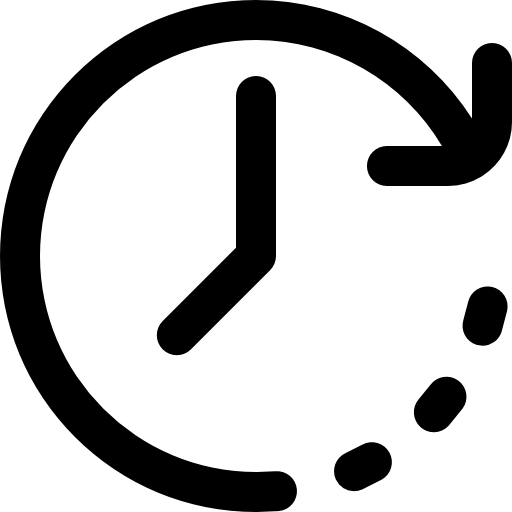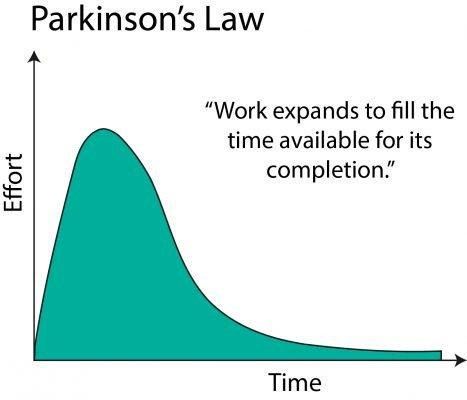 Photo by Magnet.me on Unsplash
Photo by Magnet.me on UnsplashDo you leave tasks to the last minute?
“I’ll feel like doing this tomorrow.”
“I work better under pressure.”
“Pressure makes me more creative.”
If these sound familiar, you're not alone. 20% of people identify themselves as chronic procrastinators.
 Let’s be real.
Let’s be real.
No, you won't feel like it the next day.
You won't work better under pressure.
You're squandering your resources.
When we delay what we need to get done or tell ourselves it isn’t important, we reject our best selves.
Procrastination stifles our talents. It' 's destructive to teamwork and relationships.
It's time to tackle this problem!
What Is Procrastination?
“Procrastination is the avoidance of doing a task that needs to be accomplished by a certain deadline. It could be further stated as a habitual or intentional delay of starting or finishing a task despite knowing it might have negative consequences."
 Photo by Karim MANJRA on Unsplash
Photo by Karim MANJRA on UnsplashProcrastination: the dread of doing a task uses up more time and energy than doing the task itself.
—Rita Emmett, author of The Procrastinator's Handbook
Procrastination isn't about managing time.
Procrastination is about managing ourselves: our thoughts, feelings, and actions.
Types Of Procrastinators
All procrastinators seek distractions, but the reasons are different. Digital interruptions like e-mail or social media make it easier than ever to procrastinate.
The main 3 types of procrastinators are:
arousal types, or thrill-seekers, who wait to the last minute for an exciting rush
avoiders, who may be avoiding fear of failure or fear of success
both care what others think of them — they'd rather others believe they lack effort, not ability
decisional procrastinators, who can't make a decision — not making a decision liberates procrastinators of responsibility for the outcome of events
The effects of procrastination on physical health are well documented. There are also big costs to other people in your life, who might become burdened and resentful. It’s simply not worth it.
Things may come to those who wait, but only the things left by those who hustle.
Quick Solutions
Watch the video below for a couple of suggestions to begin:
Key points
Manipulate your environment. Remove distractions like phones & the internet. Set up your workspace so your brain doesn’t have a chance to move somewhere else.
Bring the scale down. Ignore the big picture in the short term. Break the task into chunks. That makes it much easier to get momentum going.
 Remember:
Remember:
Just start! 80% of us will keep going.
More Solutions
This optional video (5mins) has similar ideas and an additional twist:
Key points
Procrastination is about lying to yourself.
Organize your large project into small segments.
Start a project off with the tasks you like the best.
Clear distractions to keep you on track.
 Remember:
Remember:
Reward yourself for getting through parts of the project rather than waiting until the whole thing is over.
سوال
Which of these is NOT a strategy for overcoming procrastination?
Other Procrastination Hacks
 The Pomodoro Technique
The Pomodoro Technique
This method developed by Francesco Cirillo in the late 1980s uses a timer to break down work into intervals, 25 minutes in length, separated by short breaks.
 Parkinson's Law
Parkinson's Law
Published in 1942, it suggests that "work expands to fill the time available for completion." Some people create artificial deadlines to decrease delays in motivation, thus decreasing the likelihood of procrastination.
Other people use this principle to take charge and force productivity. The image below illustrates the initial high effort required in any change, where powerful feedback and growth can happen.

Digging Deeper
The fear of failure or rejection is a powerful force that can take the form of procrastination or perfectionism. Examine your fears to avoid self-destructive habits.
Fear of rejection and procrastination are acquired. You have the power to tell your mind better things.
Therapist Marisa Peer suggests:
Lie to your mind.
Cheat fear and procrastination.
Steal back the confidence you were born with.
Peer also reminds us that human beings are wired to work for a reward. To earn your reward, do the hard thing first. You will enjoy it more when you have earned it.
Remember, habits are powerful because they create neurological cravings. It helps to add a new reward if you want to overcome your previous cravings. Only once your brain starts expecting the reward will the important rewiring take place that will allow you to create new habits.
—Barbara Oakley, educator and professor of engineering
Take Action
Done is better than perfect.
—Sheryl Sandberg, tech CEO
Procrastinators can change their behavior with effort. Deep internal transformations at the heart of our habits need special attention.
 Photo by carolyn christine on Unsplash
Photo by carolyn christine on UnsplashSome techniques beat procrastination with what you like most. Others start with what you like least. Everyone is different. Try each technique to find what works for you.
Do the hard things, or do the easy things, but do them now.
Check out more Bytes to help you manage tasks:
نظر دهی
This Byte helped me better understand the topic.
